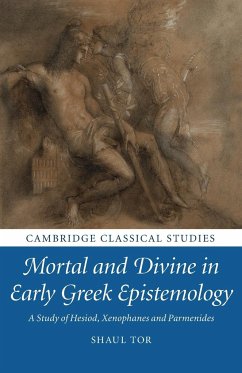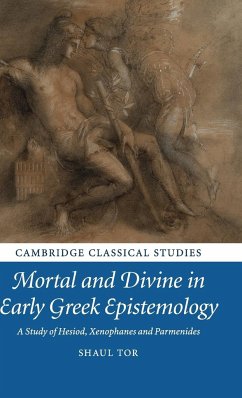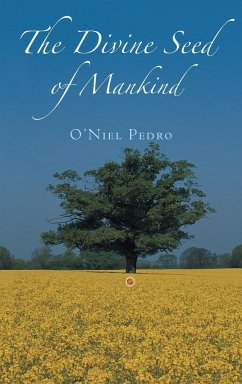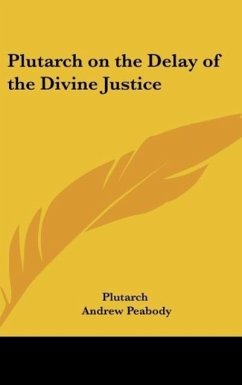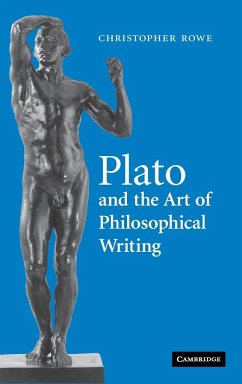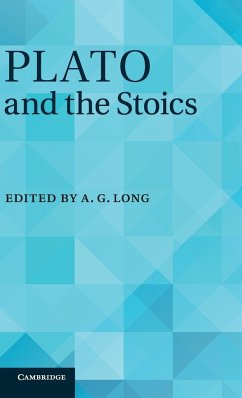
Searching for the Divine in Plato and Aristotle
Versandkostenfrei!
Versandfertig in 1-2 Wochen
91,99 €
inkl. MwSt.
Weitere Ausgaben:

PAYBACK Punkte
46 °P sammeln!
To scholars of ancient philosophy, theoria denotes abstract thinking, with both Plato and Aristotle employing the term to signify philosophical contemplation. Yet it is surprising for some to find an earlier, traditional meaning referring to travel to festivals and shrines. In an attempt to dissolve the problem of equivocal reference, Julie Ward's book seeks to illuminate the nature of traditional theoria as ancient festival-attendance as well as the philosophical account developed in Plato and Aristotle. First, she examines the traditional use referring to periodic festivals, including their ...
To scholars of ancient philosophy, theoria denotes abstract thinking, with both Plato and Aristotle employing the term to signify philosophical contemplation. Yet it is surprising for some to find an earlier, traditional meaning referring to travel to festivals and shrines. In an attempt to dissolve the problem of equivocal reference, Julie Ward's book seeks to illuminate the nature of traditional theoria as ancient festival-attendance as well as the philosophical account developed in Plato and Aristotle. First, she examines the traditional use referring to periodic festivals, including their complex social and political arrangements, then she considers the subsequent use by Plato and Aristotle. Broadly speaking, she discerns a common thread running throughout both uses: namely, the notion of having a visual experience of the sacred or divine. Thus her book aims to illuminate the nature of philosophical theoria described by Plato and Aristotle in light of traditional, festival theoria.





